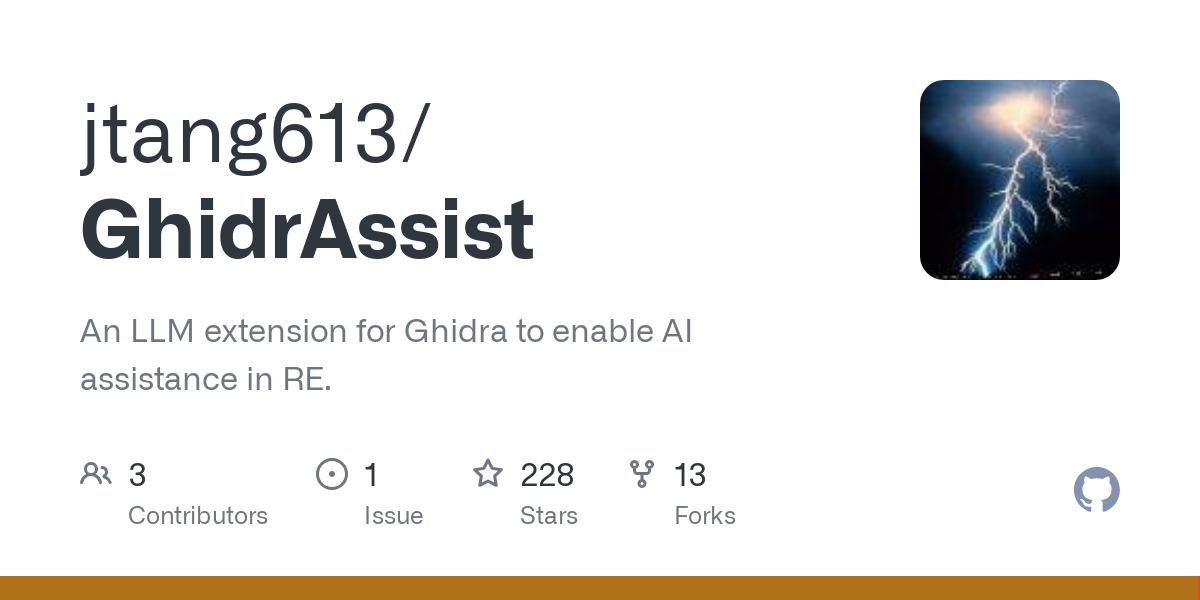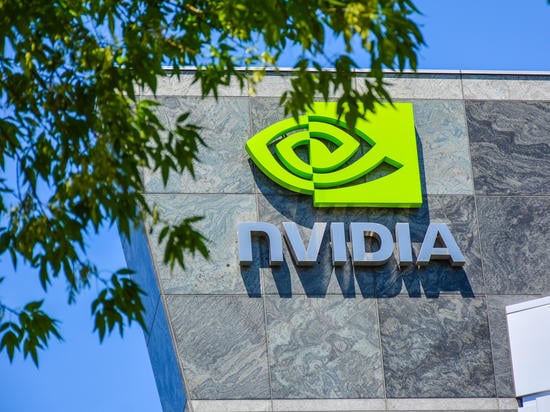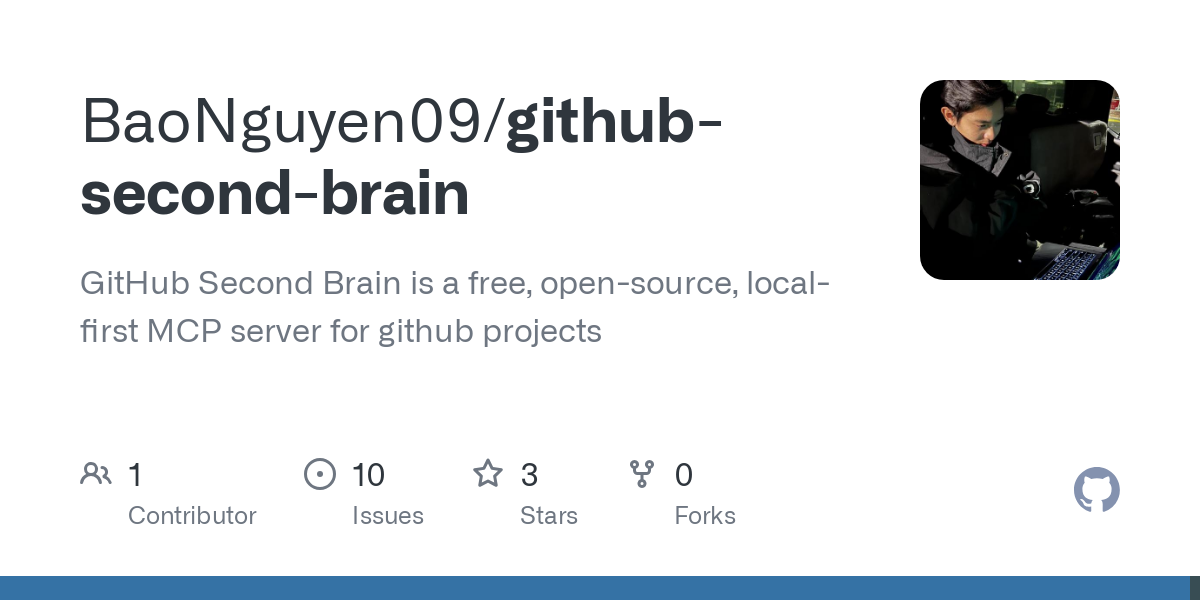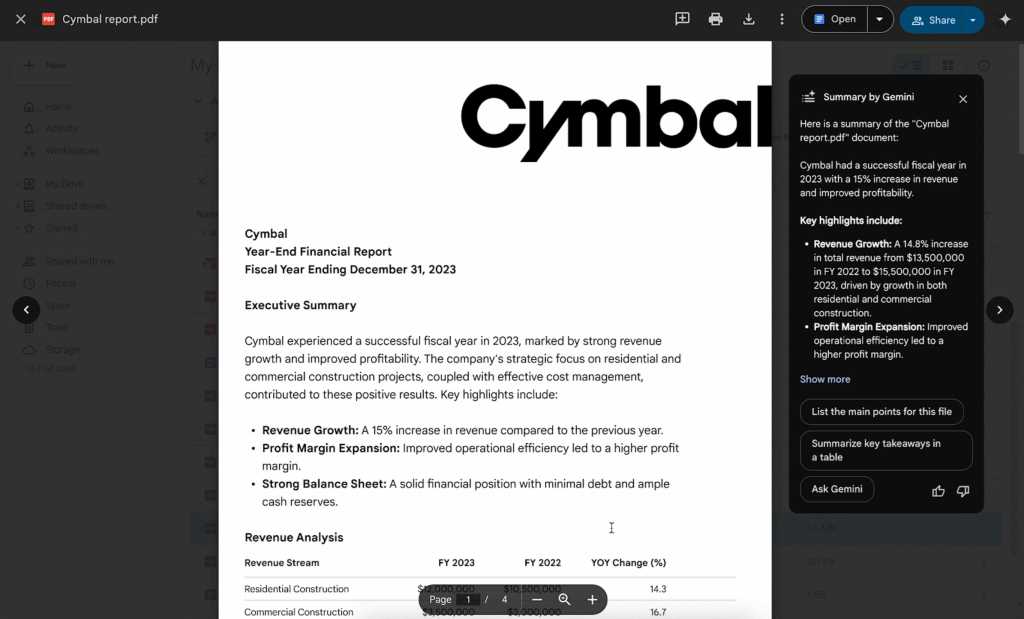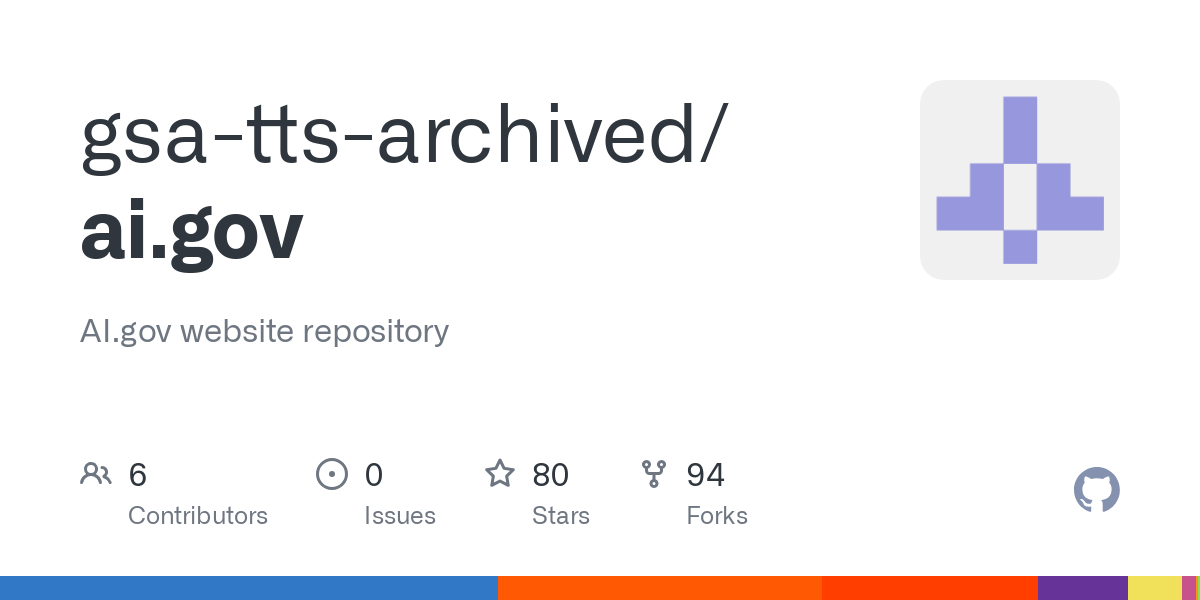Adobe launched the Adobe LLM Optimizer at the Cannes Lions festival on June 16, 2025, targeting businesses aiming to enhance their visibility in generative AI environments. With a staggering increase in AI-sourced traffic, the tool integrates with Adobe Experience Manager, enabling brands to adapt to the shifting digital landscape shaped by conversational interfaces like ChatGPT and Gemini.
The LLM Optimizer introduces a new concept, Generation Engine Optimization (GEO), moving beyond traditional SEO practices. The tool’s three-pronged framework includes Auto Identify, which tracks content performance in AI models; Auto Suggest, providing tailored recommendations for improvements; and Auto Optimize, allowing for direct implementation of changes.
Designed to uncover visibility gaps in AI-driven results, LLM Optimizer empowers brands to enhance their content strategy effectively. As consumer interactions increasingly occur within AI-driven interfaces, Adobe positions this tool as essential for enterprises navigating this new digital reality.
Source link

